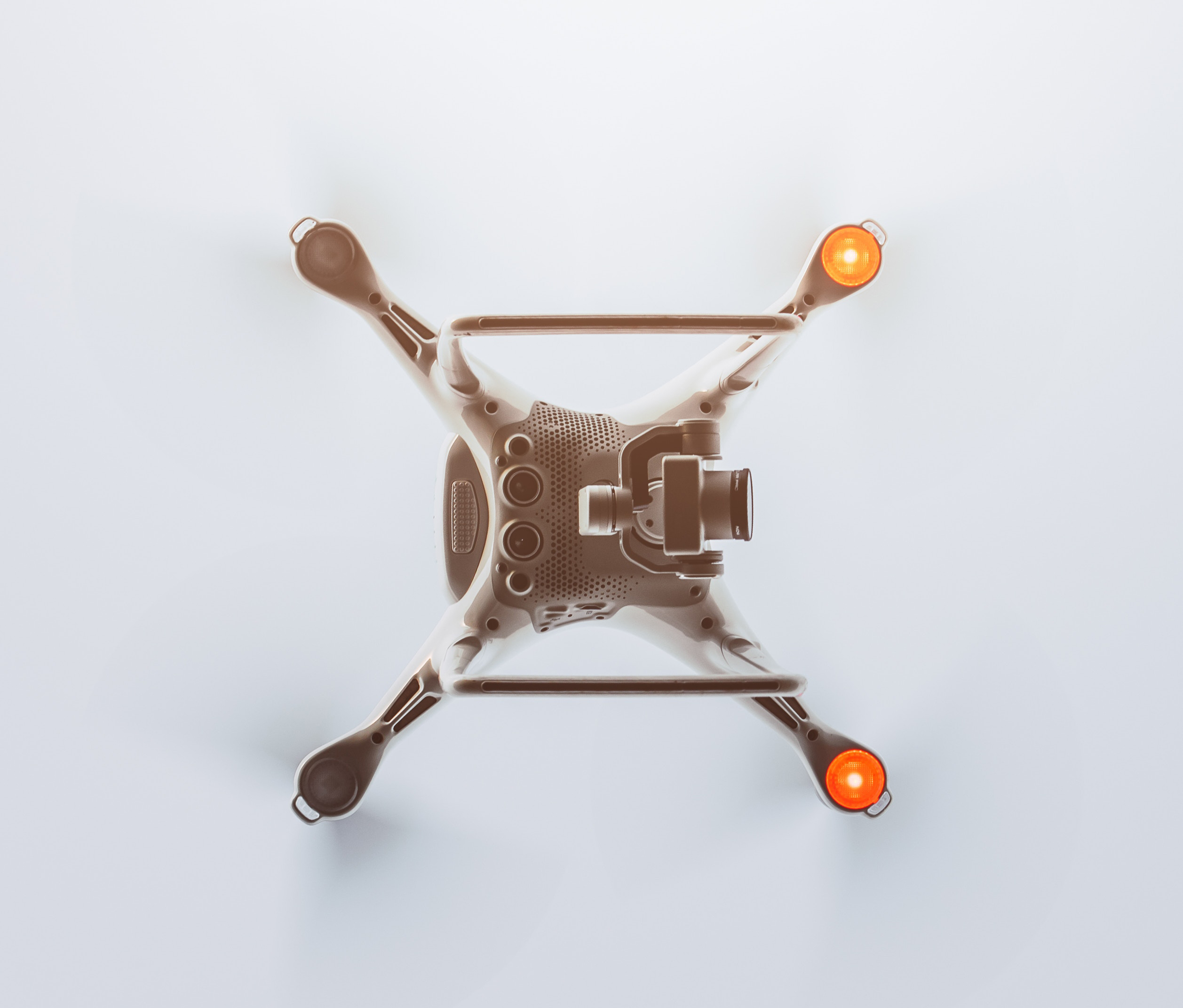
McGill Global Access Principles
Promoting open access to data, freedom of research and free publication of the information generated.
*2018-2020
McGill University promotes open access to data, freedom of research and free publication of the information generated. McGill understands that obtaining intellectual property protection and transferring it to the private or public sector can ensure that the University’s research positively influences the lives of Canadians and the world. In order for the University’s discoveries to provide maximum benefit, McGill promotes global access to its technologies in accordance with the following principles:

McGill has a long history of disseminating its research through publications and presentations. McGill also allows an open science approach, where research data and materials move freely from one research team or discipline to another. In its research agreements, McGill affirms that it does not perform research in secret and that results of research should be published. In its licenses, McGill maintains the right to continue performing academic research and collaborations with the licensed technology. This principle will be espoused when working with research or licensing partners.

Protecting intellectual property can be an important component of a technology licensing strategy. However, many materials and research tools do not require protection and patents are not necessary. Thus, McGill will seek protection through patents and copyright only when such a strategy provides tangible benefits in specific territories.

Each license is unique and tailored to the needs of the partner. However, terms can be structured that will improve global access to technologies. To the best of its abilities, McGill will promote strategies such as, but not limited to:
McGill commits to annually reporting its licensing activity.
McGill University maintains a worldwide presence and vision, and collaborates with companies, institutions, and not-for-profit organizations that work to improve global access to technology. As relationships continue to be developed and licenses and partnerships strengthened or generated, new metrics will be created to measure the positive societal impact of global access.